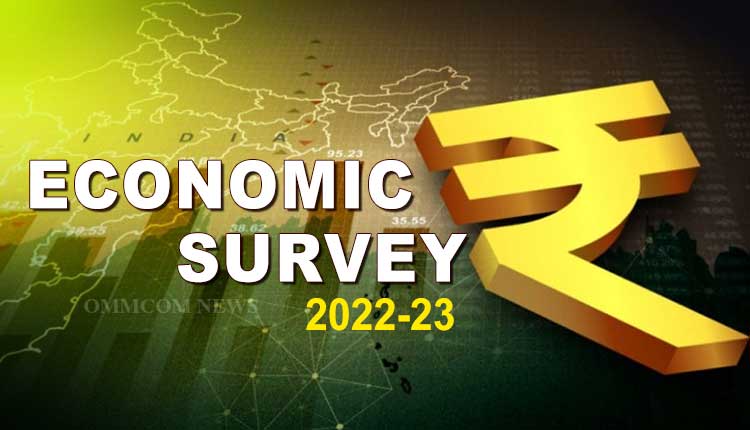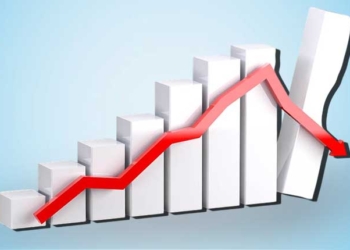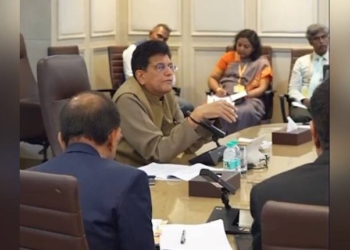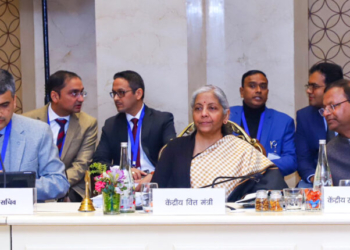New Delhi: As external support from the government has made it relatively easier than before for entrepreneurship to thrive, there are several inherent challenges faced by startups, like ever-elusive funding, revenue generation struggles, lack of easy access to supportive infrastructure, or wading through the regulatory environment and tax structures, the Economic Survey for 2022-23 said on Tuesday.
As per the Survey, tabled in Parliament by Finance Minister Nirmala Sitharaman, it has also been observed that many Indian companies have been getting headquartered overseas, especially in destinations with favourable legal environments and taxation policies.
“The technical jargon for this may be identified as ‘Flipping’, which is the process of transferring the entire ownership of an Indian company to an overseas entity, accompanied by a transfer of all IP and all data hitherto owned by the Indian company,” the document read.
The Economic Survey noted that the flipping phenomenon “reflects startups venturing out for short-term gains in the dynamic, uncertain geopolitical world”.
“However, the flip can be reversed with the collective action by the government related regulatory bodies and other stakeholders. With solution-oriented strategies, startups will continue to be the messengers of India’s entrepreneurial dynamism,” it added.
To accelerate the process of “reverse dipping”, certain measures are possible like simplifying the process for grant of “Inter-Ministerial Board (IMB) certification” for startups, further simplification of taxation of Employee Stock Options (ESOPs), simplifying multiple layers of tax and uncertainty due to tax litigation and the procedures for capital flows.
The government and other stakeholders should also facilitate improved collaboration and partnerships with established private entities to develop best practices and state-of-the-art startup mentorship platforms, said the Survey.
In the current scenario, the Economic Survey for 2022-23 said that more than 9 lakh direct jobs have been created by the Department for Promotion of Industry and Internal Trade (DPIIT)-recognised startups, with a notable 64 per cent increase in 2022.
As per the Survey, the number of recognised startups in the country has increased from 452 in 2016 to 84,012 in 2022.
“About 48 per cent of our startups are from Tier II and III cities, a testimony of our grassroots’ tremendous potential,” read the Eco survey.
“India ranks among the largest startup ecosystems in the world. various targeted initiatives of the government have given a major boost to start-ups,” the document said.
(IANS)
















